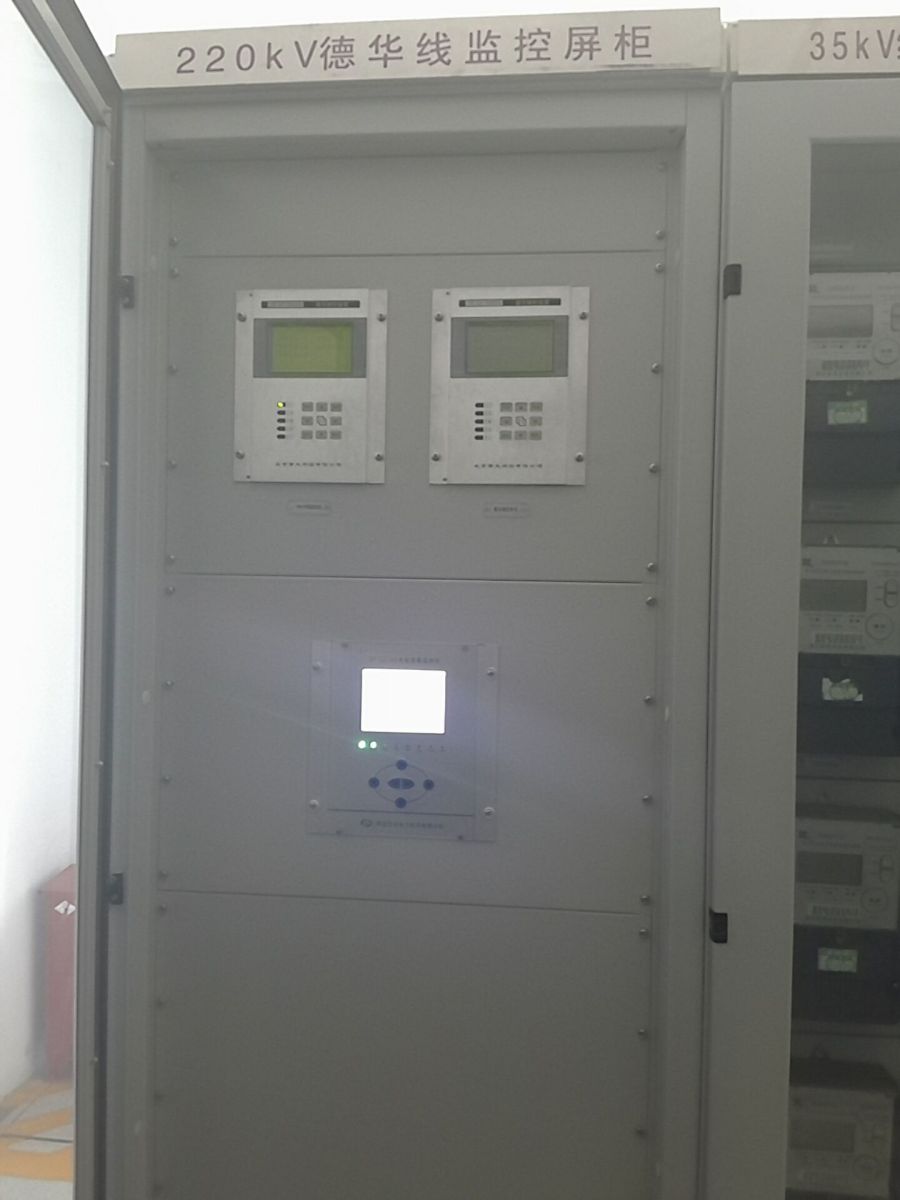Baoding Fangchang Electric Power Technology Co., Ltd
Tel: 0312-5952983
Fax: 0312-7520939
Website: www.bdsyfc.cn
Email: [email protected]
Address: Building D, Entrepreneurship Center, No. 295 Jingxiu Street, Gaokai District, Baoding City
![]() National ordering hotline:fifteen billion eight hundred and three million one hundred and twenty-five thousand five hundred and sixty-five
National ordering hotline:fifteen billion eight hundred and three million one hundred and twenty-five thousand five hundred and sixty-five
Baoding Fangchang Electric Power Technology Co., Ltd
Tel: 0312-5952983
Fax: 0312-7520939
Website: www.bdsyfc.cn
Email: [email protected]
Address: Building D, Entrepreneurship Center, No. 295 Jingxiu Street, Gaokai District, Baoding City
Power quality monitoringThe system mainly monitors the power quality status of public power grids or power users. Main technical indicators for power quality monitoring:
1. Voltage deviation, according to the national standard GB/T 12325-2008 "Power Quality - Voltage Deviation of Power Supply", the sum of the positive and negative deviations of 35kV and above power supply voltage shall not exceed 10% of the rated voltage; The allowable deviation of three-phase power supply voltage of 10kV and below is ± 7% of the rated voltage; The allowable deviation of 220V single-phase power supply voltage is -10%~+7% of the rated voltage.
2. According to the national standard GB/T14549-1993 "Power Quality - Harmonics in Public Power Grids", the total harmonic distortion rate of public power grid voltage (phase voltage) at all levels of 6~220kV is: 5% for 0.38kV, 4% for 6~10kV, 3% for 35~66kV, and 2.0% for 110kV; The allowable value of harmonic current injected into the power grid by users should ensure that the harmonic voltage of all levels of the power grid is within the limit range. Therefore, according to the national standard, the voltage harmonic distortion rate generated by harmonic sources at all levels of the power grid is: 2.6% for 0.38kV, 2.2% for 6-10kV, 1.9% for 35-66kV, and 1.5% for 110kV. For power users of the 220kV power grid and its power supply, refer to this standard for 110kV implementation.
3. The three-phase voltage imbalance is specified in the national standard GB/T15543-2008 "Power Quality - three-phase voltage imbalance": the allowable value of normal voltage imbalance at the public connection point of the power system is 2%, and it cannot exceed 4% in a short time; For each user of a public connection point, the allowable value that causes voltage imbalance at that point is generally 1.3%, and should not exceed 2.6% in a short time.
4. The frequency deviation of the power system is specified in the national standard GB/T15945-2008 "Power Quality - Frequency Deviation of the Power System": the nominal frequency of the power system in China is 50Hz, and the allowable value of the normal frequency deviation of the power system is ± 0.2Hz. When the system capacity is small, the deviation can be relaxed to ± 0.5Hz. The standard does not specify the boundary of the system capacity size. In the National Power Supply Regulations, it is stipulated that the allowable deviation of power supply frequency for power supply bureaus is ± 0.2Hz for power grid capacity of 3 million kilowatts and above, and ± 0.5Hz for power grid capacity of less than 3 million kilowatts.
5. Voltage fluctuation and flicker, as stipulated in the national standard GB/T12326-2008 "Power Quality - Voltage Fluctuation and flicker": the standard stipulates that the long-term (2-hour) flicker value Plt at the public connection point of the power system meets: ≤ 110kV, Plt=0.1 At 110kV, Plt=0.8.

 Online Service
Online Service
 Contact number
Contact number Online Message
Online Message